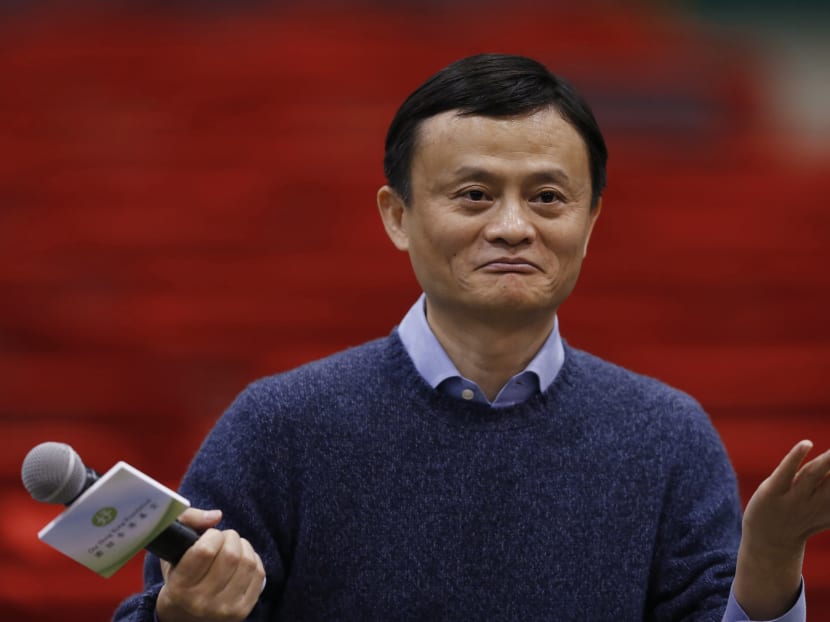Fake goods today are better than the real thing: Alibaba’s Ma
BEIJING — Alibaba Group founder Jack Ma said Chinese-made counterfeit goods today have gotten better than the genuine article, complicating the effort to root out fakes on the country’s largest online shopping services.

Alibaba Group Executive Chairman Jack Ma. AP file photo
BEIJING — Alibaba Group founder Jack Ma said Chinese-made counterfeit goods today have gotten better than the genuine article, complicating the effort to root out fakes on the country’s largest online shopping services.
Global brands have long relied on China and other low-cost manufacturing bases to beef up margins. But those same factories have gotten savvier over the years and are now using the Internet — including Alibaba’s platforms — to sell their own products straight to consumers, Mr Ma told the company’s investor conference on Tuesday (June 14). Still, Alibaba is the best in the world at fighting the sale of counterfeits, he added.
“The problem is that the fake products today, they make better quality, better prices than the real products, the real names,” Mr Ma said in Hangzhou, China. “It’s not the fake products that destroy them, it’s the new business models.”
“The exact factories, the exact raw materials, but they do not use their names.”
Failing to clean up its image could stop merchants and shoppers overseas from trusting the Chinese tech giant. Mr Ma wants to get more than half the company’s revenue from outside China within a decade and a cooling domestic economy makes that effort more pressing.
Its membership in the International AntiCounterfeiting Coalition, a nonprofit global organisation that fights counterfeit products and piracy, was suspended in May after questions were raised about conflicts of interest involving the coalition’s president.
“We would love to work with the branded companies,” Mr Ma said, adding that the company had around 2,000 staff working on the problem. “We cannot solve the problem 100 per cent because it’s fighting against human instinct. But we can solve the problem better than any government, any organisations, any people in the world.”
Alibaba pleaded its case to hundreds of members of the IACC that it has the data, technology and desire to help keep fake brands off its online marketplaces. Alibaba’s collaboration with Chinese law enforcement in 2015 resulted in the arrest of 300 people, the destruction of 46 places where counterfeits are made and the confiscation of US$125 million (S$169 million) worth of products, President Michael Evans told the IACC in May.
Alibaba expects to reach 423 million online shoppers around the world this year, mostly through its Tmall.com and Taobao Marketplace sites. It aims to have 2 billion consumers by 2036 and double gross merchandise volume to 6 trillion yuan (S$1.23 trillion) by fiscal 2020.
Mr Ma said reaching 2 billion users would require more success in rural China, which he estimated had 700 million people. While there is merit in calls for expansion in Malaysia, Indonesia and India, Mr Ma said the domestic approach would be more successful because his company understood the local market better.
He already has an eye to posterity, telling investors that over 90 per cent of key company meetings, decisions and events have been recorded on video to be analysed by future generations studying Alibaba. BLOOMBERG








